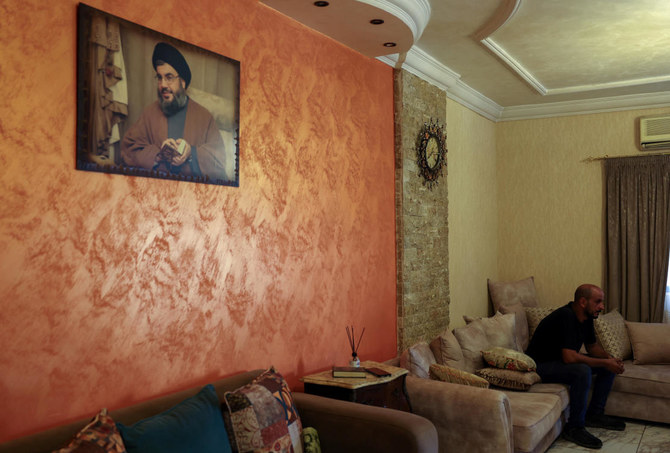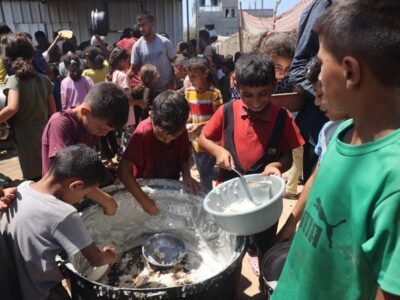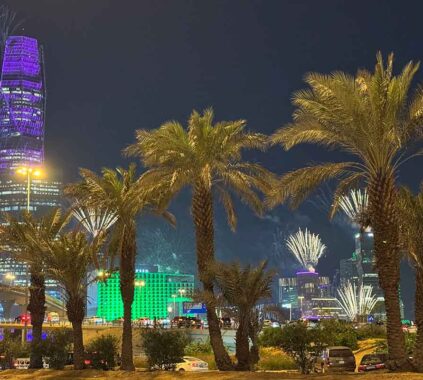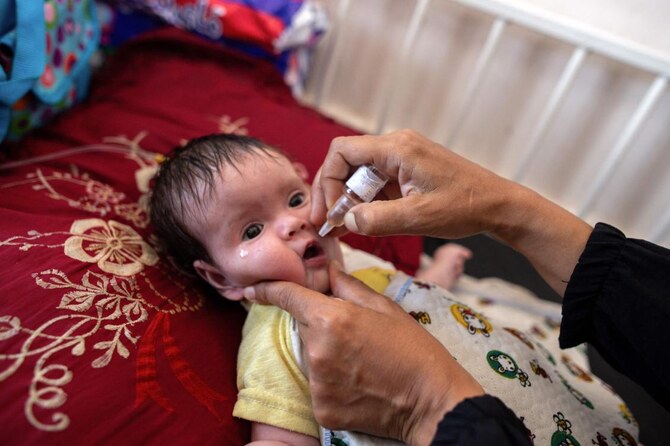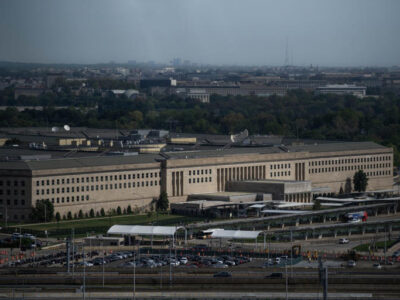Nearly twenty years ago, when the borders of Lebanon’s capital were once again threatened by war, Bilal Sahlab took his family to a remote mountain village, where they rented an apartment and endured the bombing.
This time, there’s no car, no rent, and no idea as to when the fighting could stop.
Dahiyeh, a predominantly Shiite area in Beirut’s southern suburbs, has seen a spike in tension after last week’s Israeli airstrike murdered five civilians and the chief military commander of Hezbollah.
The head of the militant Palestinian organization Hamas was also killed in Tehran on the same day. Hezbollah and other Iranian supporters have sworn to take revenge on Israel.
Many in Dahiyeh were afraid that the attack near them meant that hostilities, which had been raging in tandem with the Gaza conflict for ten months but had mainly been confined to the Israeli-Lebanese border up until this point, were now reaching home.
Israeli bombings in Dahiyeh during the 2006 conflict destroyed structures, forcing residents to move to other villages and cities in search of safety.
Also Read:
UN “Shocked” by Israel Minister’s Remark About Gaza Famine
Iran Claims that the Guards Navy has Received “Many” New Missiles and Drones


